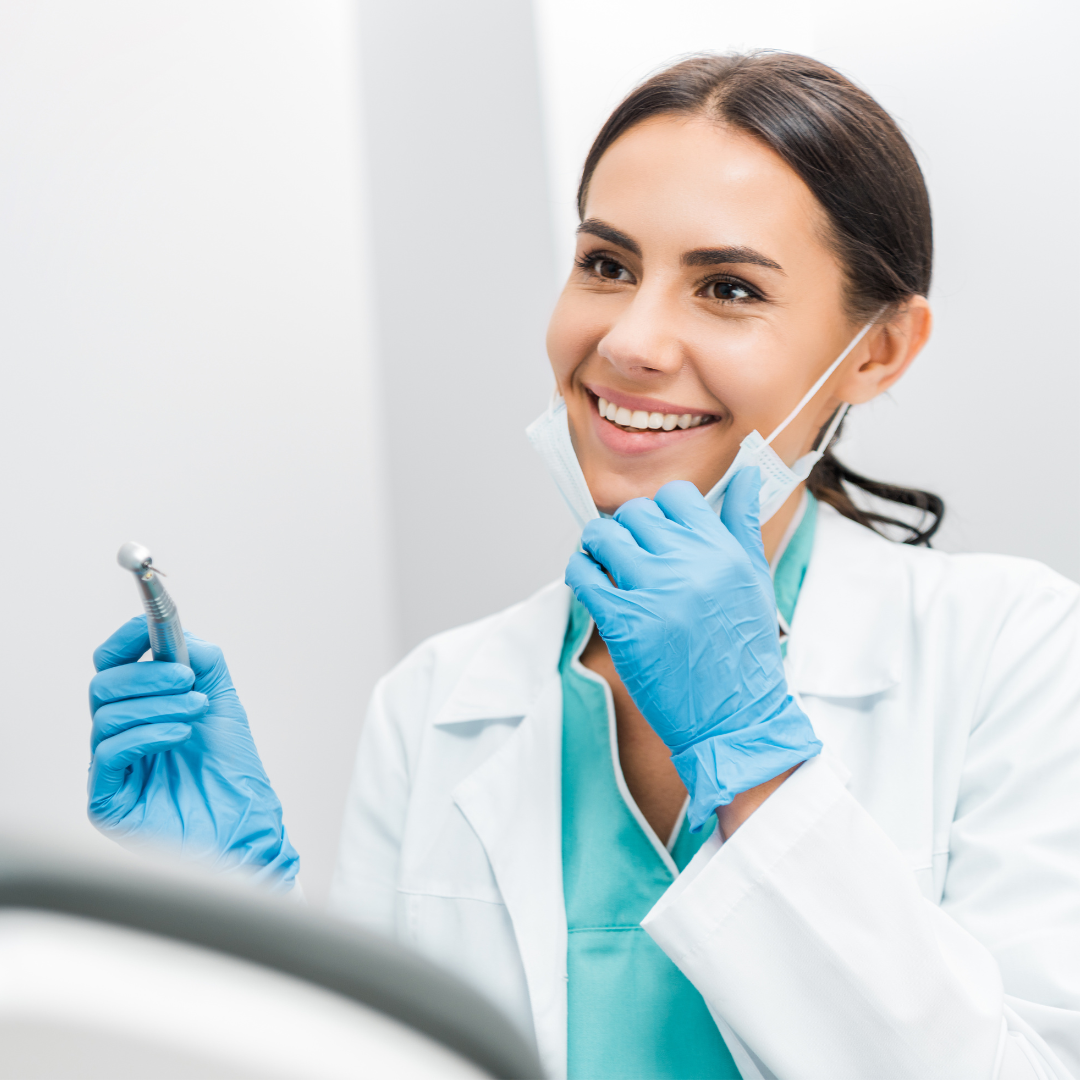2/10/2025 11:24:52 AM
Safer Sharps and Blood-borne Viruses | Dental Training Course

Our Safer Sharps and Blood-borne Viruses eLearning course is now live on our Dental eLearning and Management platform.
During the working day within a dental practice, it is likely that dental practitioners will come into contact with sharps. Safe handling of these pieces of equipment can reduce the risk of injury. If a member of staff receives a sharp’s injury, it’s vital that the information in your sharps protocol is followed immediately.
What is a Sharp?
The Health and Safety Executive (HSE) defines ‘sharps’ as follows: "Sharps are needles, blades (such as scalpels) and other medical instruments that are necessary for carrying out healthcare work that could cause an injury by cutting or pricking the skin."
In a dental practice you may encounter suture needles, syringes, probes, cannulas, scalpels, matrix bands and burs. It’s important that this equipment is only handled by those trained to do so.
What is a Blood-borne Virus?
A blood-borne virus (BBV) is a virus that is found in the blood of an infected person and can spread to others.
BBV’s can transmit from person-to-person via:
- blood, saliva, semen, or vaginal fluid
- non-sterilised equipment such as needles
- sexual contact
- childbirth.
In some BBV’s it can be difficult to diagnose, as their symptoms align with many other illnesses. These symptoms include feeling tired, nausea, vomiting, abdominal pain and dark urine.
It can take 6-12 weeks for HIV and up to six months for Hepatitis B and C to be detectable in a blood test after you have been infected. If you have recently been at risk, you can get tested through your GP or sexual health service.
Keeping Your Place of Work Clean and Safe
Practices are required to implement cross-infection control policies and procedures, based on the decontamination equipment they have readily available in the clinic. These policies must be followed to ensure that the cleaning and disinfecting of all dental instruments is carried out safely and effectively.
To further reduce the risk of infection, personal protective equipment (PPE), should be donned for all clinical activities and decontamination procedures. PPE should always be readily available and provided by the employer.
Who Can Benefit from Our Safer Sharps and Blood-borne Viruses Course?
This new course is available on our Dental eLearning and Management Platform and will benefit Dentists, Dental Therapists, Dental Hygienists, Dental Nurses and Decontamination Nurses.
What Does Our Safer Sharps and Blood-borne Viruses Course Look Like?
This course covers the management of sharps injuries and the correct procedures to follow. It enhances understanding of three blood-borne viruses—Hepatitis B, Hepatitis C, and HIV—including their symptoms and potential long-term effects. The course also explores methods to reduce sharps injury risks in the dental environment and outlines the responsibilities of employers and employees regarding safer sharps and blood-borne virus prevention.
Who Does This Course Support?
Our newly launched dental training course is now available on the Dental eLearning and Management Platform. Supporting dentists, hygienists, practice managers and practice nurses in their day-to-day. Once completed, learners will receive a CPD certificate.
Are You a Dental Professional Looking for Further Training?
If you are interested in continuing your professional development and incorporating Blue Stream Academy into your practice, we offer a complimentary demo and consultation to run through the platform and a brief overview of our Dental courses. This session aims to showcase the benefits of our system and explain how the platform can add value to your day-to-day.
Click here to contact our friendly team and book in your complimentary demo.